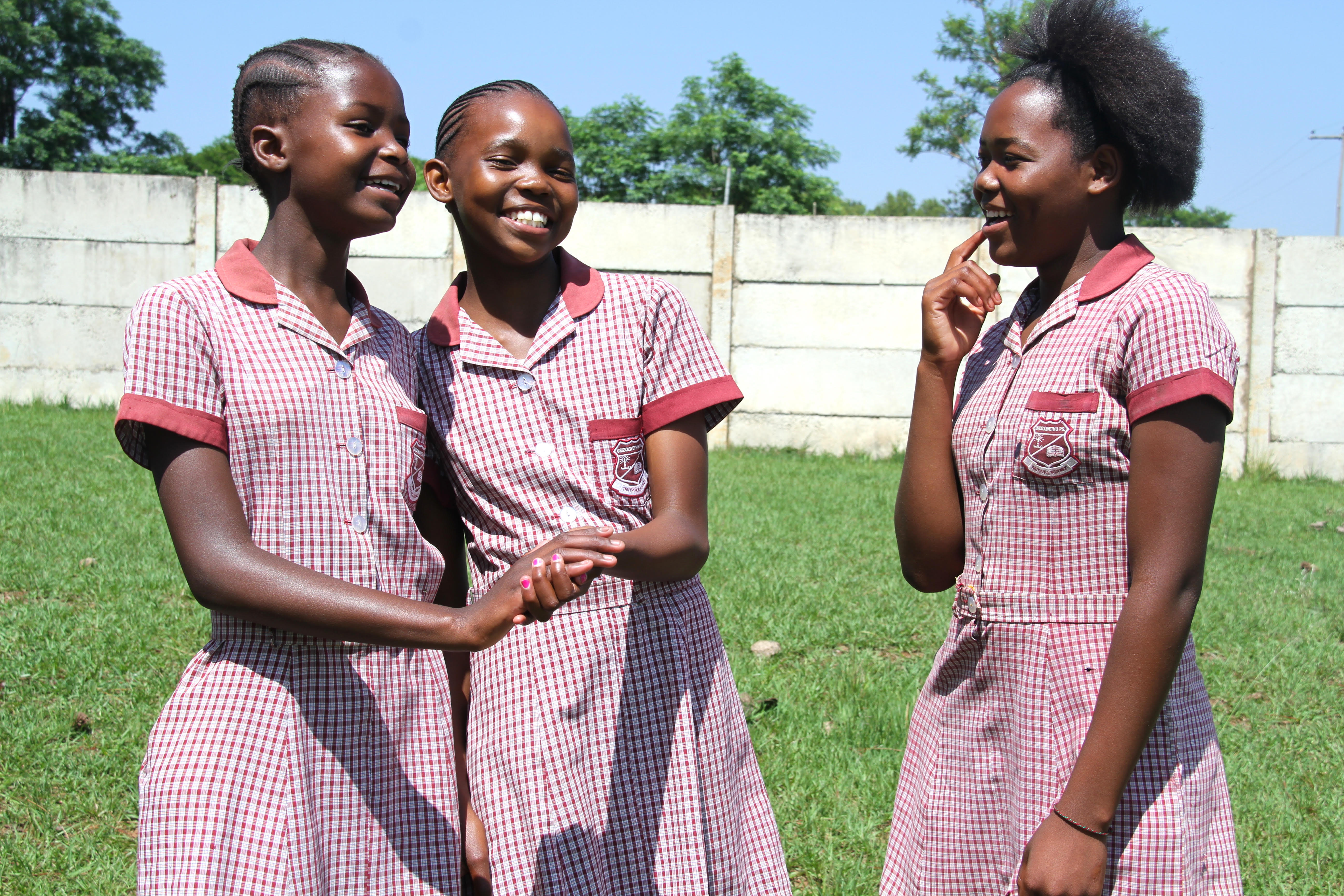International Day of the Girl Child
The story of 12-year-old Amanda in Zambia, who has large dreams, is the story of millions of girls across Africa. She sees a hopeful future ahead, one in which her voice is heard, her rights are respected and a world of opportunities awaits her.
As we celebrate the 2020 International Day of the Girl Child, amidst the roiling global crisis of COVID-19, let the voices of girls become louder. Across the region and throughout history, girls’ voices tend to get muffled, not just at home but in communities, schools and the public sphere. From their voices to their rights, girls are subjected to harmful practices that scar their young minds and bodies and set back their chances of a bright future.
Too often, they are silenced. For millions of girls around the world, their silence is enforced through harmful rights of passage, female genital mutilation (FGM), child marriage, son preference and other forms of harmful practices. Not only do these violate a girl’s bodily integrity and autonomy, they also steal her confidence, agency and ability to make informed decisions about her life.
Today, girls are looking at education as the building blocks for a bright future. When a Chimwemwe in Malawi is enabled to stay in school through programmes such as the UNFPA-UNICEF Global Programme to End Child Marriage, and avoid being married off as a child, she begins a journey of empowerment involving informed choices. When a 12-year-old Mercy from Uganda stood up and spoke out against having to undergo female genital mutilation as a precursor to marriage, supported by the UNFPA Uganda Live Your Dream Campaign, she knows now that she is being raised by a community that believes in her right to self determination, and protects her right to good health and well-being.
When girls are empowered, they can achieve anything, like climate justice activist, 12-year-old Yola Mgogwana from South Africa, whose powerful speech caused ripples at last year’s Nairobi Summit commemorating 25 years of the International Conference on Population and Development. Yola’s activism includes monitoring water and electricity use, and reducing organic waste by starting up organic gardens in her Khayelitsha community. Recently, she created a video on the difficulty of physical distancing in informal settlements and exams anxiety.
UNFPA, the United Nations Population Fund, is calling attention to the vulnerabilities and needs of women and girls especially during the COVID-19 crisis, and to why protecting sexual and reproductive health and rights and ending gender-based violence is an imperative, especially in these challenging times.
Unfortunately, millions of girls in Africa remain unable to enjoy their rights. And for millions of girls for whom great gains had been made in ensuring that they can claim these rights, COVID-19 threatens to reverse this rightful entitlement. Progress made to date in ensuring girls are kept in school and not married off, in ending harmful practices such as FGM, and preventing and responding to gender-based violence and preventing them from HIV infection, is under serious threat.
Every time a girl is subjected to FGM; forced into early marriage; sexually harassed, abused or coerced and often, exposed to HIV infection and unplanned pregnancy as a result, her mental health and well-being is at risk. About half of all mental disorders begin before the age of 14. In adolescent mothers, post-partum depression is estimated between 26 and 50 per cent. Adolescent girls and women caught in humanitarian crises have distinct mental health and psychosocial support needs.
It is a noble aspiration to create a gender-equal world by 2030, one that can become a reality. Only in such a world will girls be empowered to realize their dreams, and to tell the stories of their achievements for generations to come.
UNFPA works to guarantee a world where every young person’s potential is fulfilled. There is no better time than now for each and every one of us to put on that protective mantle and ensure that we all play a role in investing in and putting young girls first.
Today, on International Day of the Girl Child, UNFPA Executive Director Dr. Natalia Kanem has issued a clarion call: “Let’s redouble our efforts towards a gender-equal world, one where every girl has the power to make informed choices about her body and her life. Equipped with the right knowledge and skills, surrounded by a peaceful home, safe school and a nurturing community, and protected by the law and duty-bearers, she will have the tools to thrive.”
As we commemorate this special day, themed “My Voice, Our Equal Future,” let us collectively take a moment to listen to and hear the voices of our African girls as they speak of their dreams and aspirations, and the Africa We Want, and do our best to uphold their rights and choices. We owe them the right to be positive and determined about the future and to be able to make their aspirations a reality.
//END


